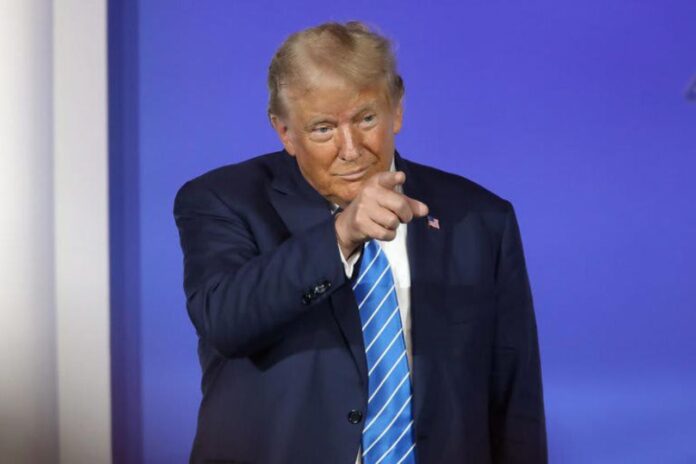It’s official—politics just got personal. The recent removal of Rep. Mike Turner (R-OH) from his role as chair of the House Intelligence Committee has raised eyebrows and sparked heated discussions. And if you ask Sen. Richard Blumenthal (D-CT), this move is a flashing neon sign of what’s to come: allegiance to President-elect Donald Trump taking center stage, even at the expense of national security.
Blumenthal didn’t hold back when he shared his thoughts on CNN. “This sends a loud and clear message: Trump is prioritizing personal loyalty over the United States’ best interests,” he said. Turner, who Blumenthal described as a “serious leader” in intelligence oversight, has reportedly been ousted due to pressure from Trump himself.
A Bigger Picture Emerging
Blumenthal believes Turner’s removal isn’t just an isolated incident. He called it part of a “tragic trend” sweeping Capitol Hill as Trump gears up to step back into the Oval Office. “I’m deeply disappointed,” Blumenthal remarked, “not only because Turner has been replaced by someone far less qualified, but because this is yet another example of purging experienced leaders in favor of blind loyalty.”
Concern Over Trump’s Nominees
The senator didn’t stop there. He pointed to Trump’s nominees for key government positions as further evidence of this loyalty-first mentality. “We’re seeing plans to purge dedicated professionals from the FBI, the military, and other critical institutions simply because they’re not considered loyal enough to Trump,” Blumenthal warned.
The nominees in question? According to Blumenthal, they’re aligned with Trump’s vision of reshaping the government to serve his personal interests rather than the nation’s. “This is a dangerous and deeply troubling trend,” he said, highlighting the risks of prioritizing allegiance over expertise and experience.
What Does This Mean for America?
As the dust settles, one thing is clear: the debate over loyalty versus leadership is far from over. With the new administration taking shape, decisions like these will undoubtedly shape the political landscape—and perhaps the nation’s future.





